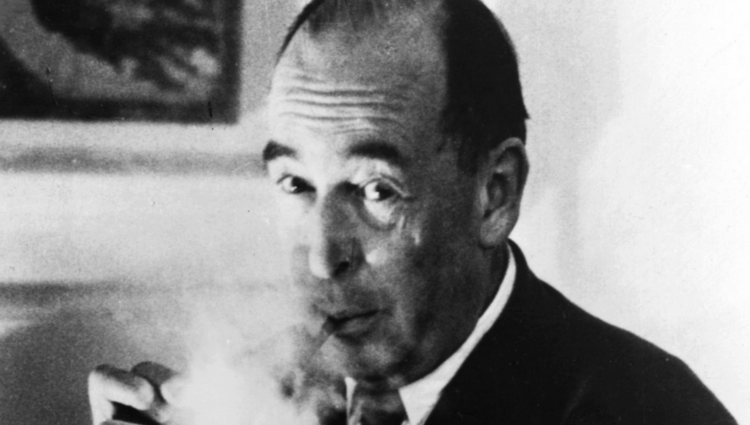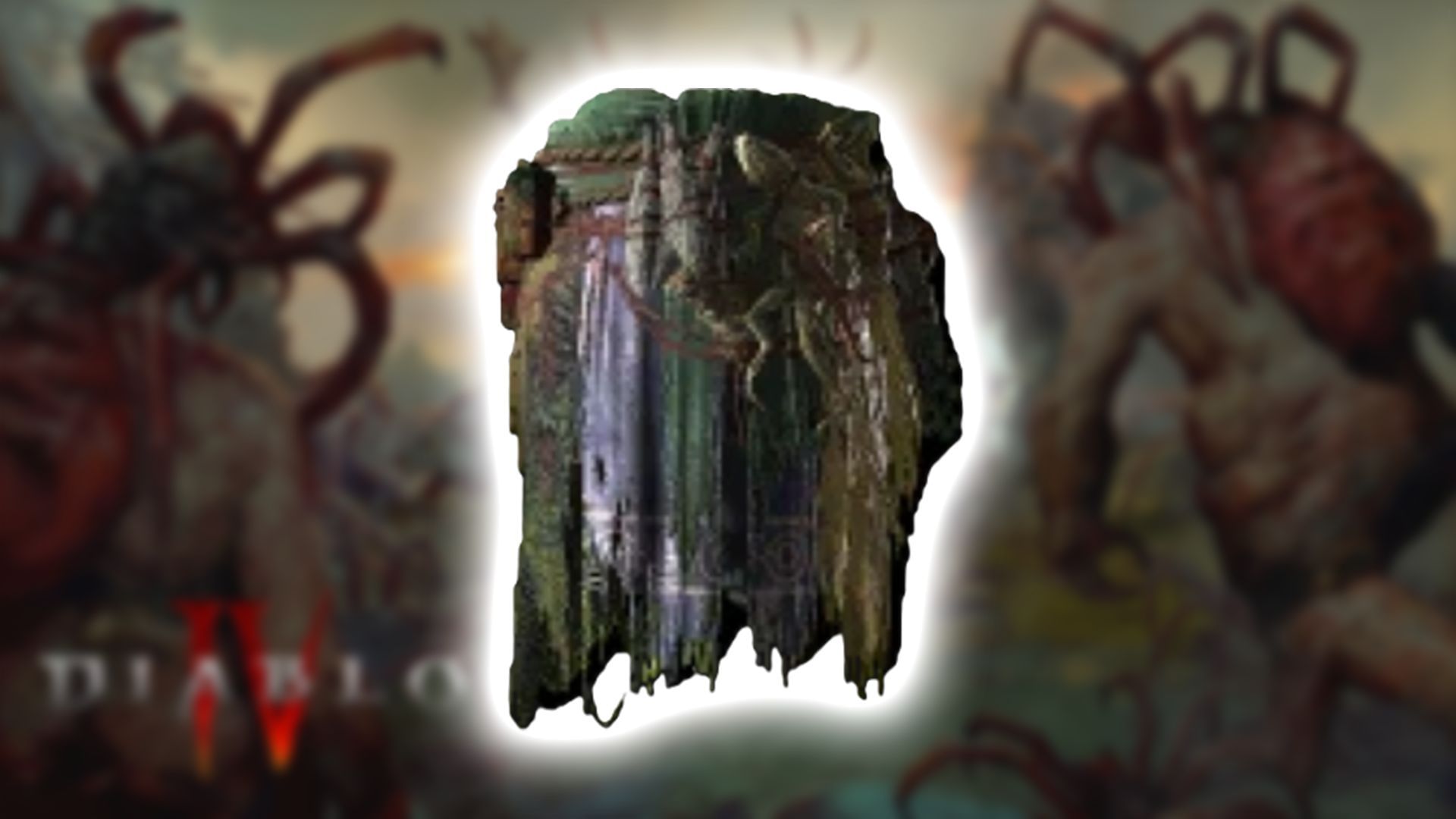C. S. Lewis’s range of work—at a very high level, executed with pellucid clarity and frequent epigrammatic wit—places him at, or near, the top of literary figures writing in English since the seventeenth century.
In a recent issue of *The Spectator* (August 2025), Alexander Larman treated us to “Still Roaring,” a left-handed recognition of the staying power of C. S. Lewis. It begins with what might be called a concession: a report that Lewis “is having something of a moment” [yes, my italics].
Some eleven hundred words later, we are offered in conclusion an unexuberant quotation from Pauline Baynes, the illustrator of *The Chronicles of Narnia*. After her first meeting with Lewis, she wrote in her diary, “came home. Made rock cakes,” which Larman takes as proof that “as a man [Lewis] could be found wanting.” Oh my.
The middle section is no less mischievous. Amidst the general condescension, we hear, for example, that Tolkien was Lewis’s “occasional academic rival”—a claim not only without foundation but with ample evidence to the contrary. Very possibly, we would not have *The Lord of the Rings* but for Lewis’s encouragement, according to Tolkien himself. Unbeknownst to Lewis, it was Tolkien who engineered Lewis’s invitation to occupy the professorial chair created for him at Cambridge.
And, oh, as for Lewis not liking children: Lewis not only did not avoid the evacuees placed in his home during the Blitz but spent many an hour tutoring one very backward child. Another, eventually a lifelong friend, has written, “living with Lewis was like having one’s own private tutor. He built up my confidence and my ability to think. I left with a belief that I was of value.”
No, it was (and is) not Lewis’s stepson, Douglas Gresham, who is “responsible for marshaling his writings and posthumous reputation.” That was the work of Walter Hooper, Lewis’s final secretary and literary trustee, whose Stakhanovite devotion not only kept Lewis in print in the decade after his death in 1963 but also edited many volumes that enlarged the oeuvre available to the reading public.
And how, in this or any world, Lewis’s essay “It All Began With a Picture” is ‘disingenuous’ we are never told. (An irony: if one cares to find disingenuousness in Lewis, best look to *A Grief Observed*, a presumably contemporaneous record of his grief kept upon the death of his wife, even though we have *Five Sonnets* with similar matter written ten years earlier.)
That is the appetizer.
The main course is mostly about Narnia—or, better, the almost-Narnia ‘almost’—because instead of literary criticism, we get film criticism. Well, as one old professor of mine said, every movie is a Rorschach test, and *The Lion, the Witch and the Wardrobe* is no exception. (What Greta Gerwig might do to the whole series has many a devoted Lewis reader already clutching their pearls.)
But, really, “righteous old Aslan”? [Again, my emphasis.] Could Mr. Larman be thinking of a doppelganger Aslan, not the self-sacrificing creator-God of the actual book? Certainly, he is thinking of the White Witch, whether from the book or movie. Lewis always gives his good guys a run for their money by pitting them against formidable bad guys, and this Witch is formidable.
In the book, she is “beautiful”; in the movie, she is the ever-insuperable Tilda Swinton, whom Larman justly praises. When Aslan is about to leap upon her, we are offered a close-up of a face more rapturously welcoming of the pain to come than any you have ever seen.
Still: “far more interesting than any of the other inhabitants of Narnia”? Larman might have been thinking of Milton’s Satan.
By the way, the *Narniad* is no ‘allegory.’ The unreliability of that supposition is exposed by Larman’s jaw-dropping claim that “the rest of the book” has a “hail-fellow-well-met tone”—a tone absent from all of Lewis’s work, its opposite, severity, often being the case.
Larman’s cherry on top is the invocation of the febrile, Lewis-hating Philip Pullman to suggest that “Lewis’s influence is not a welcome one.”
Larman is right, sort of, to assert that Lewis’s reputation rests largely on *The Chronicles*, more specifically on *The Lion, the Witch and the Wardrobe*. Though that is like saying Taylor Swift’s reputation rests on what I know of her biggest hit, or of her music generally (which is nothing), as opposed to knowing of the public persona.
Like me, many people know that she, like Lewis, is ‘popular’ and could pick her out of a lineup, but that’s about it: not quite the same as ‘reputation.’ That rests upon forty books, some two hundred essays, scores of poems, a handful of short stories, a brief diary, and three volumes of collected letters.
At his most popular, he received nearly two thousand letters a week, and he answered all of them. He turned down an offer of the C.B.E.
But wait, there’s more.
He was one of the greatest talkers of his day, students literally hanging from the rafters to hear his (non-obligatory) lectures on Medieval and Renaissance English literature: he was acknowledged as the great authority of his age on the subject.
For more than a decade, he was president of the Socratic Club at Oxford, where he took on all comers in (especially religious) debate.
And then there are his radio broadcasts during WWII, which made his voice one of the most recognized in England (some saying second only to Churchill’s), those broadcasts becoming *Mere Christianity*.
*The Screwtape Letters*—a correspondence between a chief tempter in Hell to his bumbling apprentice nephew on Earth whose job is to win the soul of his ‘patient’ as food for Our Father Below—was such a phenomenon that it landed Lewis on the cover of *Time* magazine.
For sheer excitement and a genuinely mystical experience, there is the *Space Trilogy*. And for a penetrating study of the psychology of spiritual struggle, there is the modernist novel *Till We Have Faces*, a first-person account from a primitive queen.
I omit here the personal impact that Lewis has had on millions of lives.
But I do insist that his range of work, at a very high level, done with pellucid clarity and frequent epigrammatic wit, places him at, or near, the top of literary figures writing in English since the seventeenth century.
Thank you, Mr. Larman, sincerely, for your provocation and for this opportunity to set the record straight.
—
*The Imaginative Conservative* applies the principle of appreciation to the discussion of culture and politics—we approach dialogue with magnanimity rather than with mere civility. Will you help us remain a refreshing oasis in the increasingly contentious arena of modern discourse? Please consider donating now.
https://theimaginativeconservative.org/2025/11/c-s-lewis-setting-record-straight-james-como.html



